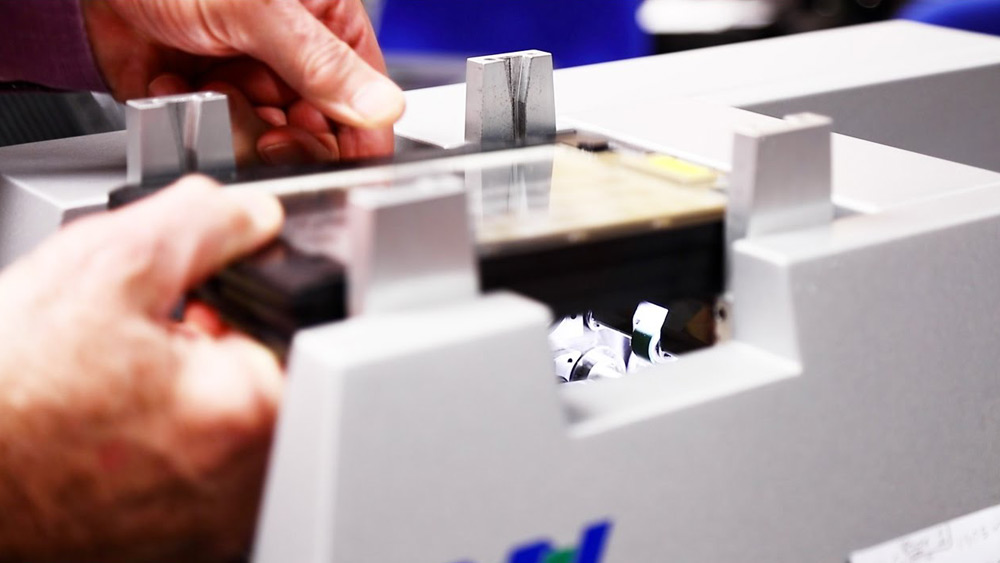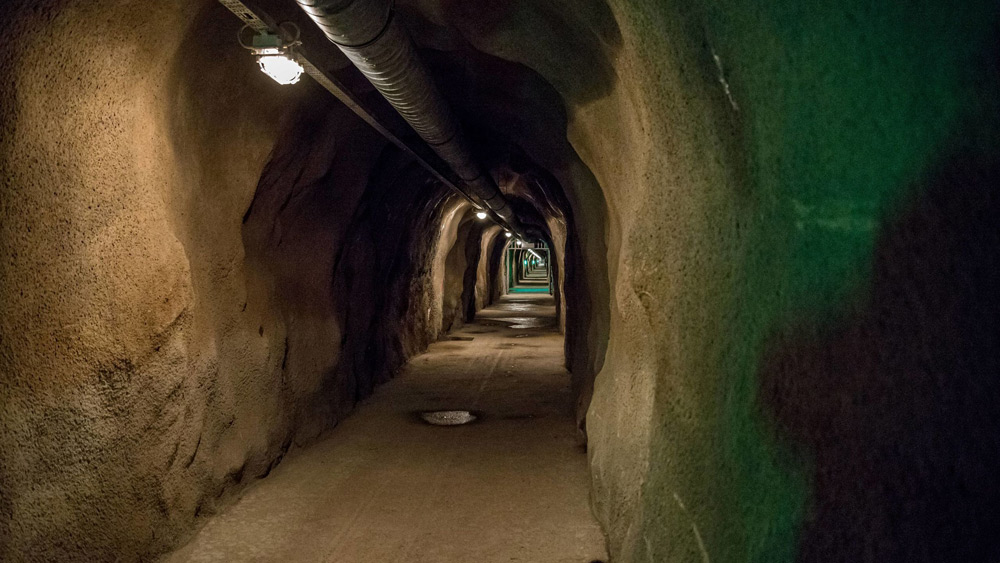There are huge quantities of microfilm material in the archives of organisations and institutions in…
Microfilm in The Modern Office – Case Study
Case Study
Advice about how to deal with the auditing aspects of e-commerce is all very well, but in the real world, some people have a different attitude towards record keeping. Take for example, 101 Records which has created a Web site to capitalise on the burgeoning Internet music market. 101cd.com is a UK-based online music and entertainment store with more than 450,000 CDs, DVDs, videos, computer games, books and more.
Paul Donovan, co-founder of 101cd.com, explains the background. “101 Records, an independent record store in Croydon, was finding it difficult to compete with the major high street retailers. We turned to the Internet to give us the level playing field we needed to compete successfully in an international market. After a slow start, the site now generates revenue of over £15,000 per week,” he says. From the outset 101cd.com took a very cautious and conservative approach to its e-commerce accounting. “Before setting up the system we had lengthy discussions with our accountant and came to the conclusion that we would take a traditional approach to accounting and record keeping. Our procedures work in the same way as for any other business, but as an added safety net we have decided to use both tape back-ups and paper trail which includes all orders and invoices. These documents are printed out directly from our system.
“As regards shipping to customers outside the UK, 101cd.com has a log book signed for by Royal Mail which logs all shipments going out of the country. We have records of each country that we distribute to.
“Some people would argue that provided you do regular back-ups of your data, you shouldn’t need to keep any paper records, but we prefer to play safe. As far as we’re concerned, no form of magnetic data storage is guaranteed to last five or six years, and even if you use optical media there is always the danger that when the time comes you won’t be able to read it. At least with paper you don’t need any special equipment to access the information, even if this does mean that we have to store a mountain of paper.”



